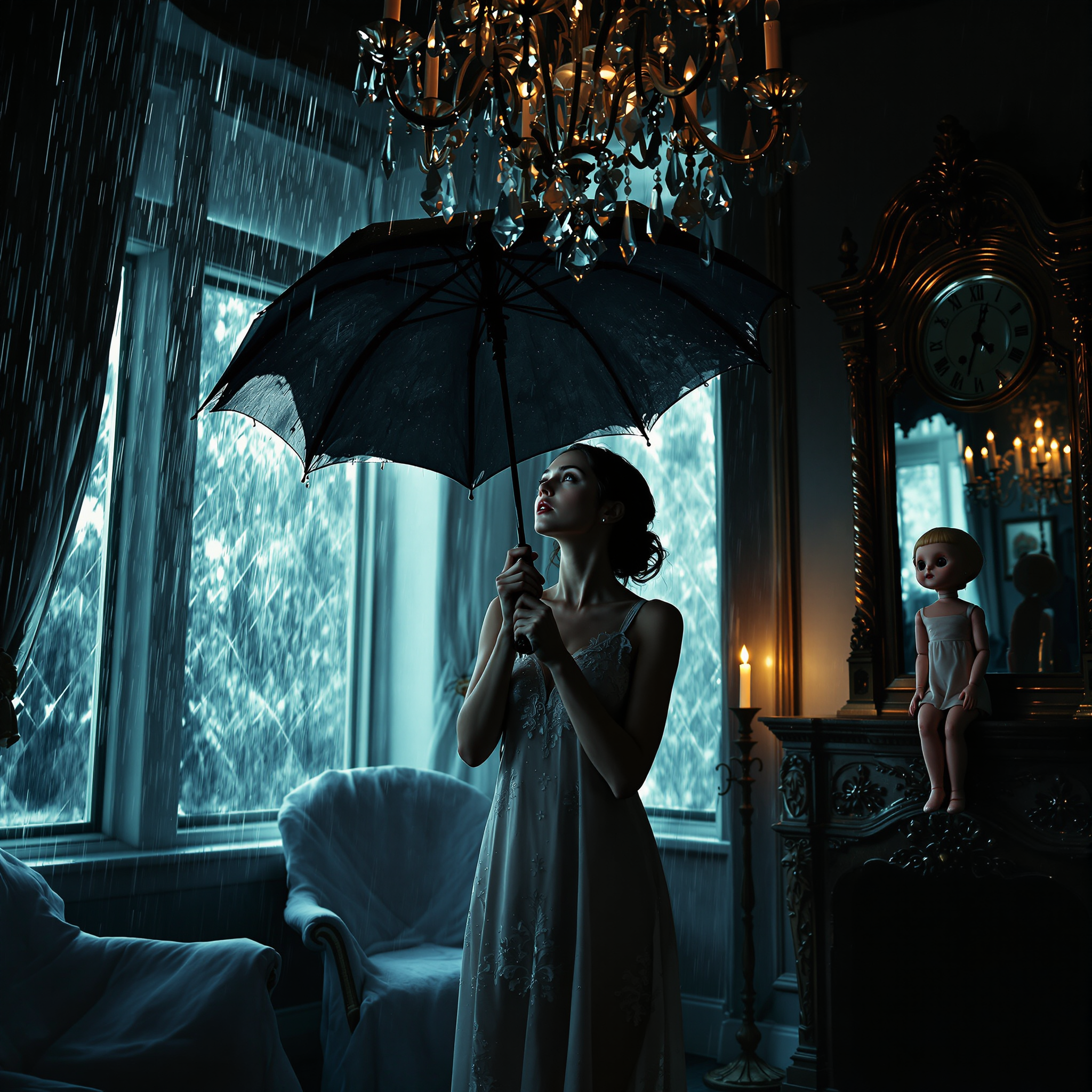The belief warns that opening an umbrella inside a building—particularly a home—is an invitation for bad luck or misfortune. This act is avoided especially during key moments such as before travel, important meetings, or new ventures. The superstition does not specify how long the umbrella remains open or the room it is in, but the general rule is to use umbrellas only outdoors. Some versions believe the bad luck arises from ‘mocking’ protective spirits that reside in the home, while others cite the inherently defensive nature of umbrellas (used to shield from storm and danger) as unnatural indoors. In many households, this behavior is still discouraged, especially among older generations or those with strong traditions regarding domestic harmony.

A baby’s future career or fate is predicted by the first object they select during a ceremonial setup.
In several Asian and Eastern European cultures, a traditional ceremony is held for babies usually around their first birthday. Known


